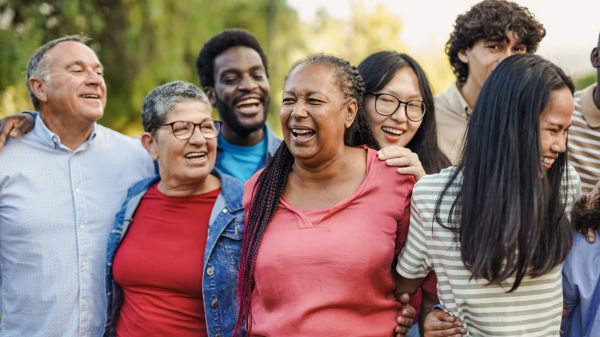Multi-Generational Learning

This collection of research demonstrates the powerful potential of intergenerational learning in environmental and climate education, revealing that knowledge transfer occurs bidirectionally between children and adults rather than flowing only from adults to children. The studies show that when children engage in participatory, hands-on environmental learning experiences—such as the H2O Heroes water conservation program, play-based climate activities, or residential outdoor education—they not only develop significant environmental knowledge and behaviors but also effectively communicate this learning to parents and educators, leading to measurable household behavior changes and professional development for teachers. Children serve as uniquely positioned climate communicators who can potentially overcome adults' ideological resistance to climate action through trusted relationships, while educators gain surprising benefits from their student interactions, including sociocultural knowledge, renewed sense of wonder, and improved teaching approaches. Together, these studies suggest that addressing complex environmental challenges requires recognizing children's agency, creating spaces for meaningful dialogue across generations, and designing environmental education that incorporates direct nature experiences, family engagement, and local relevance rather than merely transmitting information.
For more information, see the eePRO blog post: Kids Saving the Planet: How Children Are Teaching Adults About Climate Change
The H2O Heroes program demonstrates that engaging, hands-on environmental education for primary school children can effectively promote water conservation knowledge and intergenerational learning, leading to measurable behavioral changes in households.
Children can serve as uniquely effective climate change communicators to adults, potentially overcoming ideologically-driven resistance that traditional communication strategies have failed to address.
Environmental educators experience significant and multifaceted learning from their young students, challenging traditional assumptions about the directionality of knowledge transfer in educational settings.
Intergenerational dialogue offers a powerful approach for addressing the moral complexities of climate change education by creating spaces where diverse temporal and spatial perspectives can transform learning.
Participatory pedagogical approaches like play-based activities, storytelling, digital technology, and photovoice can foster intergenerational learning about climate change in early childhood education, empowering both young children and adults to work together without overwhelming children emotionally.
This systematic review of 76 studies found that children's pro-environmental behaviors are influenced by both internal factors (like self-efficacy and environmental attitudes) and external factors (including nature contact and parental influence), highlighting the need for environmental education that combines knowledge with hands-on experiences and family engagement.
